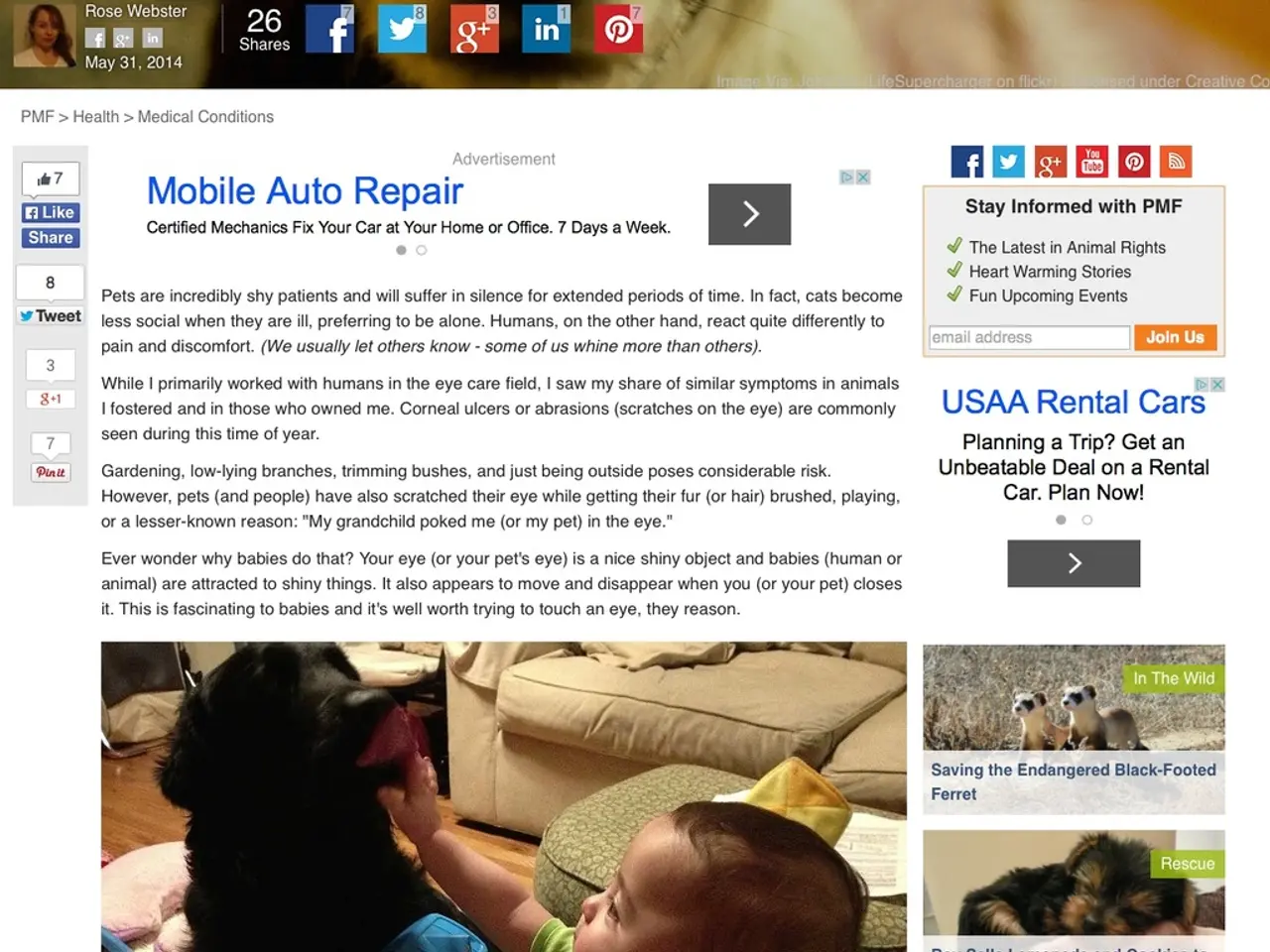Digital Social Gatherings: A Variety of Networks
Online communities serve as virtual spaces for people to engage, communicate, and work together around shared interests, objectives, or purposes. These communities can foster collaboration, socializing, and information sharing, but they also face challenges such as cyberbullying and reliability issues with shared information.
The Seven Main Categories of Online Communities
Brand Communities
Built around a company’s products, values, or mission, brand communities bring together loyal customers, partners, or fans engaged with the brand. Strengthening loyalty, reducing churn, and encouraging word-of-mouth referrals are some of the benefits of these communities. However, they can become echo chambers and require active brand management to maintain engagement.
Networking Communities
Networking communities connect individuals and organizations with shared professional interests. These communities offer discussion groups, peer introductions, and collaborations to foster professional connections and knowledge sharing opportunities. Quality depends on active participation, and can become noisy without effective moderation.
Membership Communities
Membership communities require registration or payment for exclusive content, tools, or access. Often used for professional bodies or learning platforms, these communities provide exclusive value, increase member loyalty, and generate additional revenue streams. However, they may exclude casual users and risk lower engagement if content is not continuously valuable.
Event Communities
Centered around events like conferences or trade fairs, event communities facilitate pre/during/post-event engagement. They extend networking beyond events, maintain year-round engagement, and enhance the event experience. Engagement often spikes only around events, and sustaining interaction between events can be challenging.
Focus Group Communities
Comprising vetted participants engaging in moderated focus groups via video or chat, focus group communities provide high-quality, targeted feedback useful for product/service development. However, they require strict vetting and have a smaller scale, making them less suitable for broad community interaction.
Social Media-Based Communities
Based on existing social media followings or brand pages, social media-based communities make it easier to gather feedback and discussions. They leverage pre-existing user familiarity with the brand but can be hard to control misinformation and may have a less formal structure leading to off-topic interactions.
Learning Communities
Learning communities provide access to educational resources and opportunities, often at little or no cost. Collaboration is possible in a lot of learning communities due to flexible learning choices and the exchange of knowledge. However, overload of information and motivation challenges can adversely affect user experience.
The Role of Online Communities in Modern Society
Online communities play a significant role in modern society, from fostering deep conversations and interactions among people with similar interests to providing a platform for creative expression and collaboration. Each type of online community serves different goals, balancing unique advantages and inherent limitations.
Gaming Communities
Gaming communities bring together people passionate about gaming to form a space for shared experiences. These communities foster shared enthusiasm, collaboration, and creativity but can also lead to addiction and exclusivity issues.
Interest-Based Communities
Interest-based communities are highly engaged, with members actively participating and providing content. These communities provide opportunities for collaboration, creativity, and socializing but may face challenges such as overload of information and potential exclusivity.
Social Networking Communities
Social networking communities are arguably the most common type, with platforms like Facebook, Twitter, Instagram, and LinkedIn being examples. These communities facilitate engagement and interaction but can also face challenges like cyberbullying and reliability issues with shared information.
Professional Networking Communities
Professional networking communities are intended to help people advance their careers and make professional relationships. LinkedIn is a well-known example of a professional networking community.
Conclusion
Online communities offer numerous benefits, from fostering collaboration and socializing to providing access to educational resources and opportunities. However, they also face challenges such as cyberbullying, reliability issues, and overload of information. Effective engagement, quality content, and management practices are crucial for the effectiveness and sustainability of these communities.
- Technology, in the form of social media platforms, plays a significant role in many online communities, providing a platform for engaging and interacting but also facing challenges such as the spread of misinformation.
- Education-and-self-development can be facilitated by online communities, as they offer access to educational resources and opportunities, enabling collaboration and the exchange of knowledge, although overload of information and motivation challenges can impact user experience.




